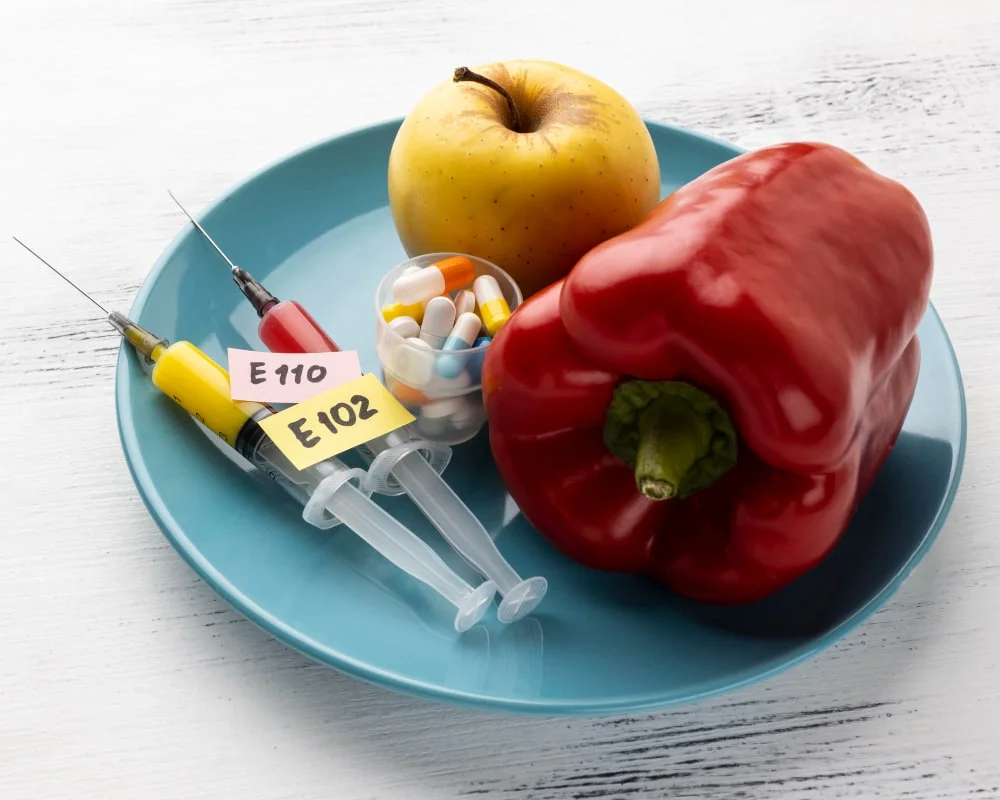
Autoimmune Diseases and Nutrition
- Autoimmune Diseases and Nutrition
- What is an Autoimmune Disease?
- Why Does the Immune System Attack Its Own Healthy Cells?
- What Causes Leaky Gut Syndrome?
- Why Are Our Gut Health and Intestines So Important?
- What Can We Do to Protect Gut Health?
- What is the Elimination Diet?
What is an Autoimmune Disease?
Autoimmune diseases occur when an overactive immune system mistakenly attacks the body’s own healthy tissues. More than 80 diseases have been identified as autoimmune diseases. Some examples include multiple sclerosis (MS), rheumatoid arthritis, lupus, eczema, psoriasis, and thyroid diseases such as Hashimoto's and Graves' disease.
Why Does the Immune System Attack Its Own Healthy Cells?
Approximately 80% of our immune cells are located just below the intestines. When the tight junctions—structures that hold the cells of the intestinal wall closely together—become loose, a condition called "Leaky Gut Syndrome" develops. In this state, bacteria, viruses, undigested food particles, and toxins can enter the bloodstream. The immune system perceives these as foreign invaders and activates immune cells to respond. Up to this point, everything is normal. However, when this condition becomes chronic, the constantly stimulated immune system becomes confused and fails to give an appropriate response. Like a train that has gone off track, it begins to attack the body's own healthy cells, leading to autoimmune and chronic diseases.
What Causes Leaky Gut Syndrome?
- Processed foods
- Disrupted omega-3/omega-6 balance
- Gluten
- Harmful saturated fats
- Sugar and artificial sweeteners
- Meat and dairy products from conventionally raised animals
- Micronutrient deficiencies
- Stress
- Poor sleep quality
Why Are Our Gut Health and Intestines So Important?
Recently, the link between many diseases and gut health has been under intense scientific investigation. Let me explain why using some numbers:
The intestinal barrier covers an area of about 400 m²—equivalent to the size of two tennis courts. The microbiota refers to all the special species (such as microorganisms, viruses, fungi) that live in harmony with humans. About 95% of the microorganisms in our body reside in the gut.
The number of genes in the microbiome is 150 times greater than the human genome. This means there are significantly more bacterial cells and genes in our body than human ones. This raises the question: “Could problems in the gut affect us more than our own genes? Could many diseases be related to the gut microbiota?” Researchers are conducting significant studies to answer these questions.
What Can We Do to Protect Gut Health?
To protect the gut epithelium, the first and most important step is eliminating the triggers of leaky gut from our lives. To repair damaged intestinal epithelial tissue, it is necessary to follow an elimination diet by removing triggering foods from the diet.
What is the Elimination Diet?
An elimination diet involves temporarily removing food groups and toxins perceived as allergens by the body with the aim of:
- Resetting a confused immune system,
- Calming the immune system that causes autoimmune diseases by attacking the body’s own tissues,
- Repairing the intestinal mucosa.
In autoimmune diseases, it is beneficial to remove triggering foods such as gluten (wheat, barley, rye), dairy products (cheese, yogurt, milk, kefir, butter), sugar, and in some cases, legumes and nightshade vegetables (tomatoes, potatoes, eggplant, peppers) from the diet. A personalized elimination diet should be followed, and during this period, supplements like olive oil and bone broth that support gut lining repair can be used. Also, reducing daily exposure to toxins will significantly support the healing process.

RD. Asena PERÇİN BAHADIR
Functional Medicine Dietitian





